Home > Climate News >
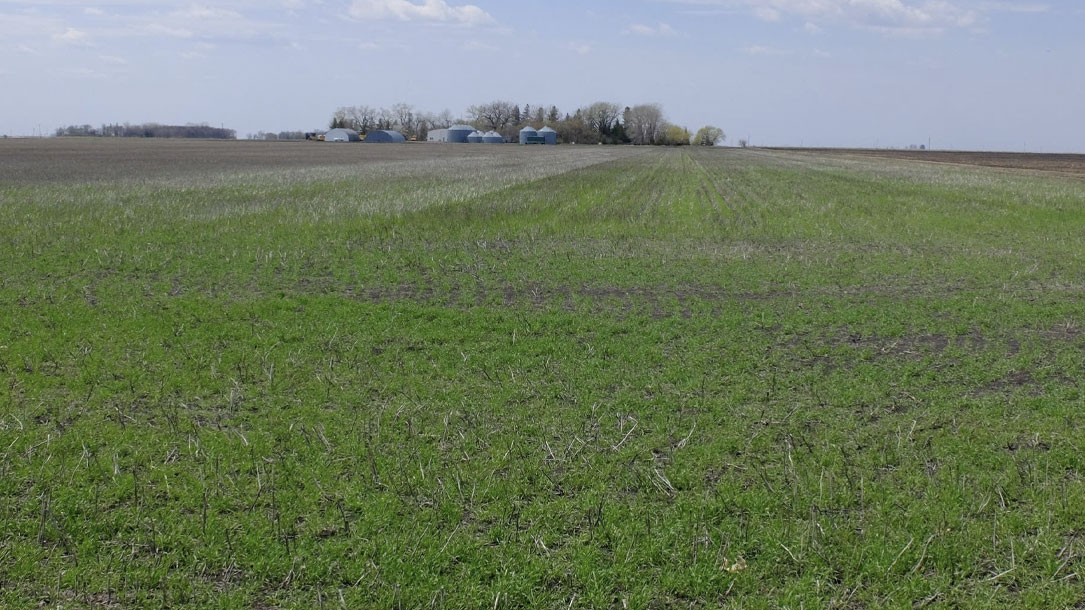
A ‘carbon bank’ could mean extra cash for Midwest farmers
A well-known Minnesota agribusiness hopes to turn climate change concern into cash for farmers.
Land O’Lakes, through its sustainability arm, Truterra, last week launched a carbon exchange program in which companies that want to reduce their greenhouse gas emissions can buy credits, and farmers get paid for increasing carbon storage in the soil…
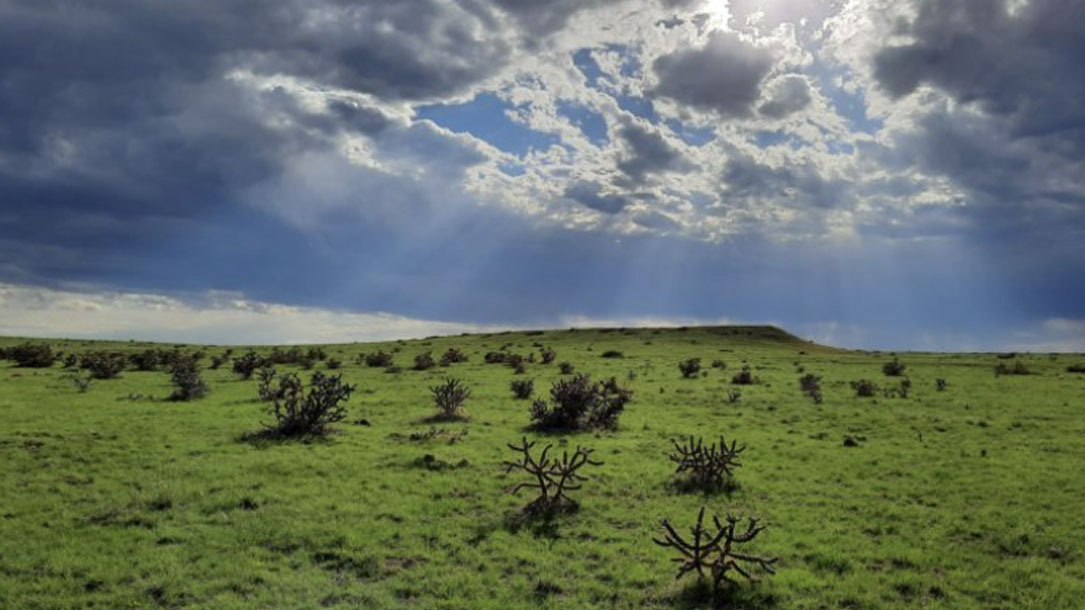
Medford Spring Grassland Conservation
“Grasslands store one-third of the Earth’s carbon, and just one acre of grassland can store an estimated 50 tonnes of carbon or more. Yet, in the U.S., over one million acres of grassland are still converted each year, which has the potential to release 50%-70% of the carbon they hold as carbon dioxide (CO₂).
The Medford Spring grasslands in southeastern Colorado are facing an imminent threat of conversion to cropland given its soils are suitable for farming, and cropland rental rates for winter wheat, milo, sorghum, alfalfa, and other row crops, are more than five times pastureland rates in Bent County, CO. A permanent conservation easement will preserve the grasslands and avoid conversion of the land to farming or development. This will prevent an estimated 190,000 tonnes of CO₂ from entering the atmosphere over the next 50 years. This is the equivalent of almost 208 million pounds of coal burned…”

The Climate Action Reserve
“As the premier carbon offset registry for the North American carbon market, the Climate Action Reserve encourages action to reduce greenhouse gas (GHG) emissions by ensuring the environmental integrity and financial benefit of emissions reduction projects.
The Reserve establishes high quality standards for carbon offset projects, oversees independent third-party verification bodies, issues carbon credits generated from such projects and tracks the transaction of credits over time in a transparent, publicly-accessible system.
The Reserve offsets program demonstrates that high-quality carbon offsets foster real reductions in GHG pollution, support activities that reduce local air pollution, spur growth in new green technologies and allow emission reduction goals to be met at lower cost…”
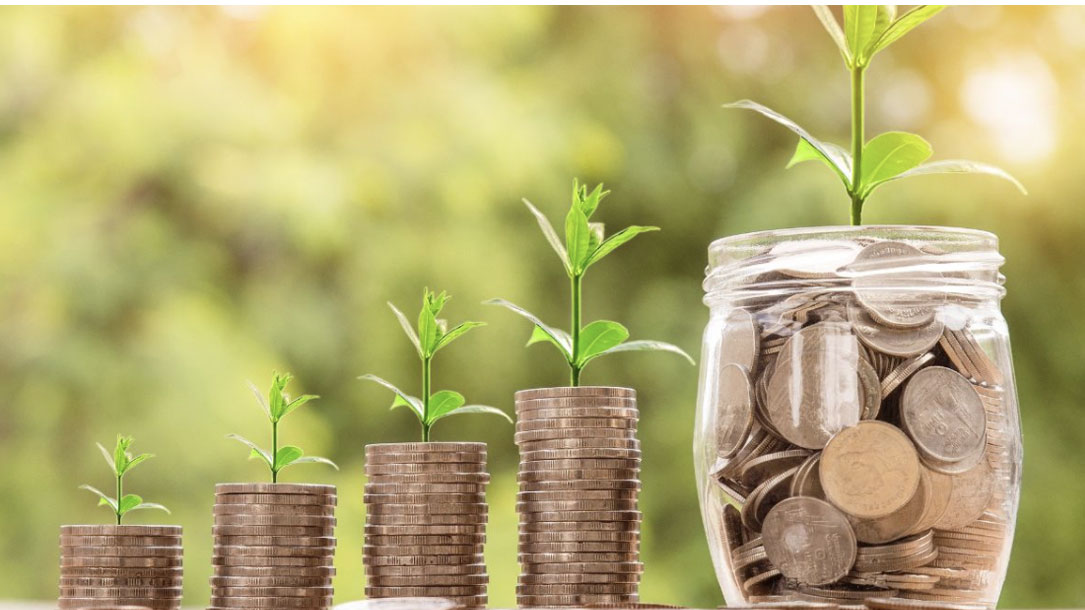
BlackRock makes climate change central to its investment strategy
BlackRock, the world’s largest money manager, will make sustainability and climate risks key tenets of its investing strategy, a move that its chief executive said should push financial institutions to prioritize climate change issues…
“Climate change has become a defining factor in companies’ long-term prospects,” BlackRock chairman and chief executive Larry Fink said in his annual letter to chief executives. “But awareness is rapidly changing, and I believe we are on the edge of a fundamental reshaping of finance.”
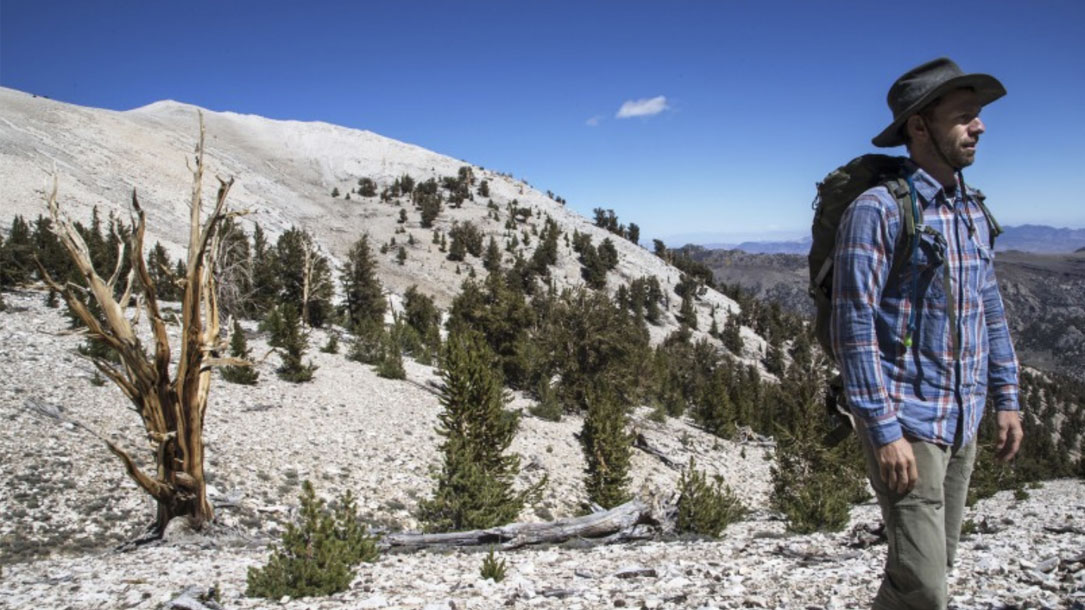
UC becomes nation’s largest university to divest fully from fossil fuels
The University of California announced…that it has fully divested from all fossil fuels, the nation’s largest educational institution to do so as campaigns to fight climate change through investment strategies proliferate at campuses across the country.
The UC milestone capped a five-year effort to move the public research university system’s $126-billion portfolio into more environmentally sustainable investments, such as wind and solar energy. UC officials say their strategy is grounded in concerns about the planet’s future and in what makes financial sense.
“As long-term investors, we believe the university and its stakeholders are much better served by investing in promising opportunities in the alternative energy field rather than gambling on oil and gas,” Richard Sherman, chair of the UC Board of Regents’ investments committee, said in a statement…

New York’s $226 billion pension fund is dropping fossil fuel stocks
“New York State’s pension fund, one of the world’s largest and most influential investors, will drop many of its fossil fuel stocks in the next five years and sell its shares in other companies that contribute to global warming by 2040, the state comptroller said on Wednesday.
With $226 billion in assets, New York’s fund wields clout with other retirement funds and its decision to divest from fossil fuels could accelerate a broader shift in global markets away from oil and gas companies, energy experts and climate activists said…”

Fighting climate change: Cheaper than ‘business as usual’ and better for the economy
The often-repeated and seldom-challenged view that climate change solutions are expensive and uneconomical has long dampened public support in the U.S. for even common-sense measures.
Seldom do proponents of those views enumerate the costs or mention the alternative costs of continuing to extract and burn fossil fuels to meet society’s energy needs. But in this era of costly hurricanes, wildfires, and floods, melting polar ice and rising sea levels, it should be obvious that the price of the status quo is already high and increasing. Failing to curb global warming has started bringing more frequent climate catastrophes with crushing economic and humanitarian costs. And prices of green technology solutions are falling rapidly; many are already cheaper than fossil fuel alternatives and will more than pay for themselves over time…
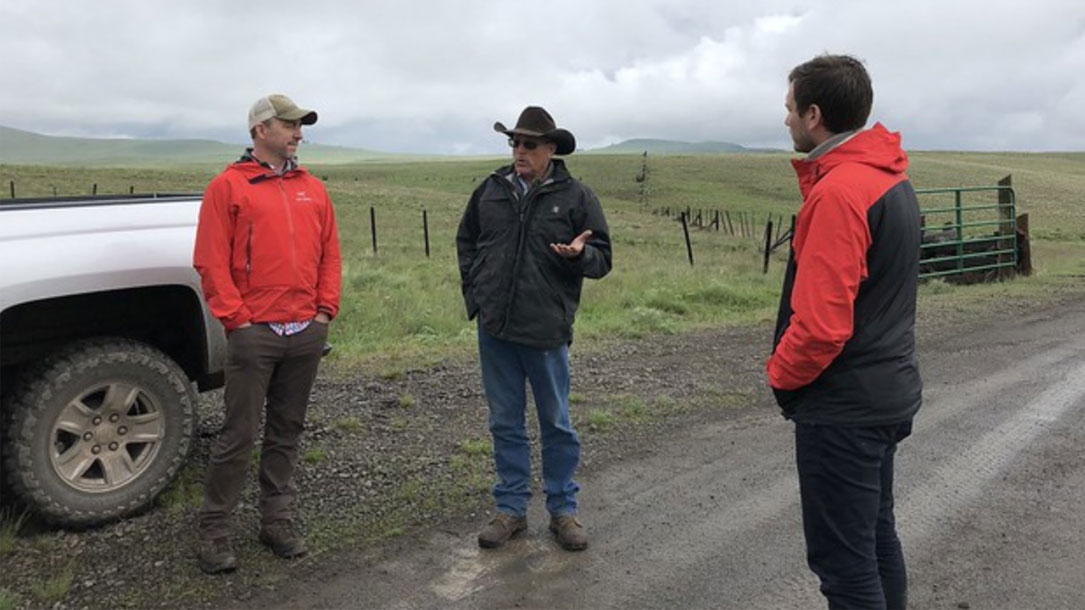
New revenue option for ag producers to yield attractive returns
Oregon ranchers Dan and Suzy Probert grow cattle and healthy soil. And with the help of Farm Bill programs, they’re protecting the Lightning Creek Ranch from development as well as finding new revenue options like carbon trading markets…
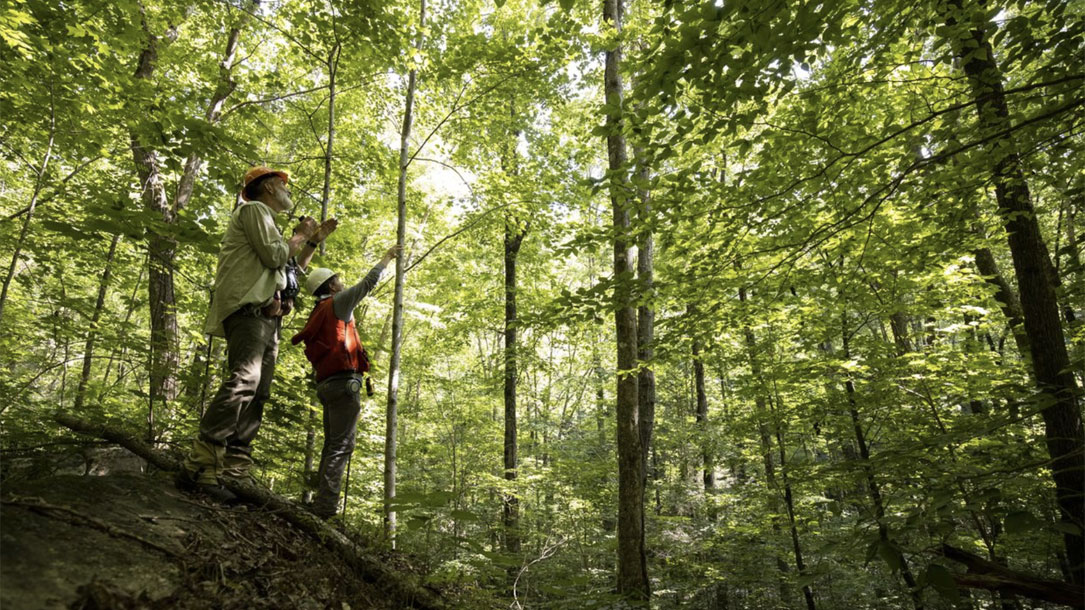
Preserving trees becomes big business, driven by emissions rules
Finite Carbon is North America’s leading developer and supplier of forest carbon offsets.
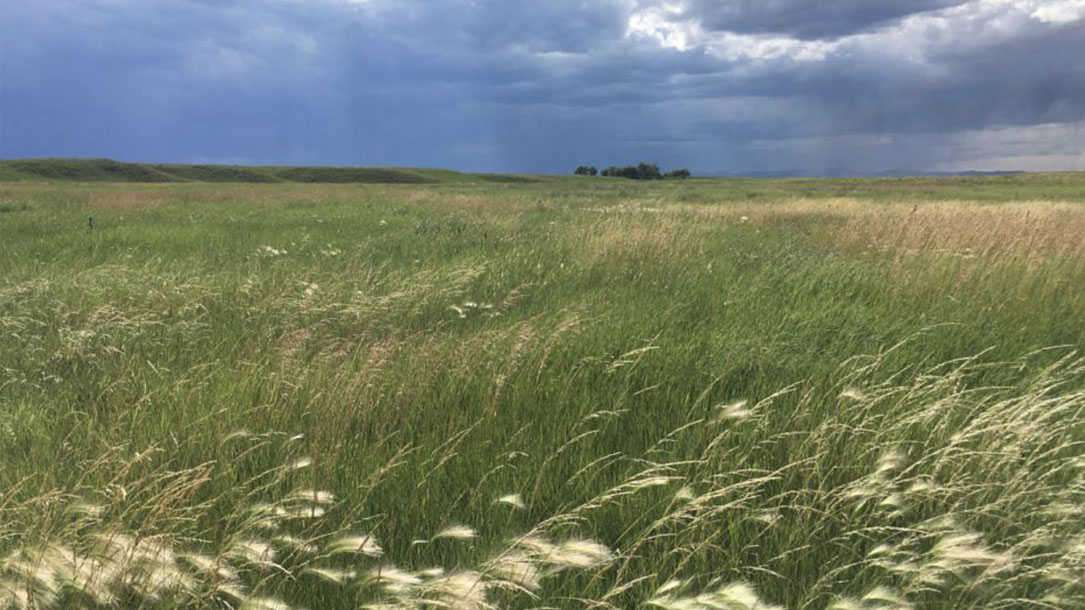
Carbon markets program puts more nonprofits on path to increase land conservation
The Land Trust Alliance is partnering with carbon offset project developers Finite Carbon and The Climate Trust. Finite Carbon is working with the Alliance to help land trusts that own forest lands participate in the voluntary carbon market. The Climate Trust will provide cash to help land trusts purchase no-till grassland conservation agreements from farmers and ranchers. This will make the lands eligible for the carbon market.
Not only does this mean additional land preservation, but it will help combat the effects of climate change…












